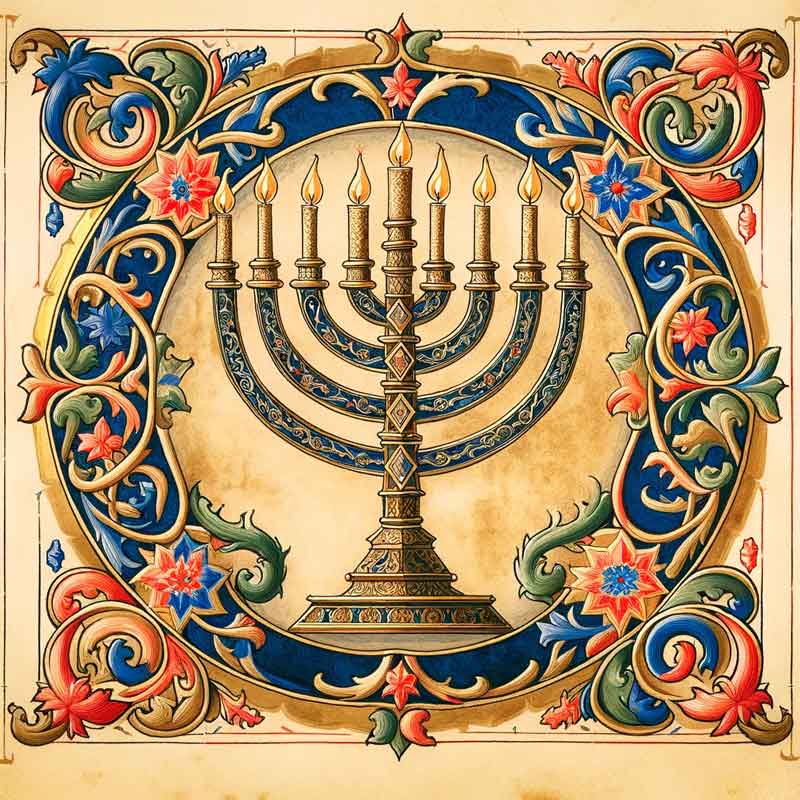From: Elizabeth
Subject: Question About Jewish Prayer Practices
Dear Rabbi Joshua,
I’ve noticed that Jews often rock back and forth during prayer. I’m curious about the meaning and origin of this practice. Could you explain why this is done?
Warm regards,
Elizabeth
Exploring the Roots of Shuckling
Dear Elizabeth,
Thank you for reaching out with your thoughtful question. The practice you’re referring to is commonly known in Yiddish as ‘shuckling’, a rhythmic swaying during prayer. This custom is not commanded in the Torah but has become a widespread minhag (custom) among many Jewish communities.
The Purpose of Shuckling
There are several reasons behind this practice. One explanation is that it is a physical expression of the soul’s yearning to connect with the Divine, as if each sway is a bow of humility and fervor. Another reason is rooted in practicality; swaying helps one to concentrate and to keep the body active, thus maintaining alertness during prayer.
Historical and Mystical Perspectives
Historically, some suggest that shuckling began in cold climates, where movement helped to keep warm. However, kabbalistic (Jewish mystical) sources offer deeper insights, comparing the motion to a flame, which naturally flickers as it rises upwards, symbolizing the soul’s ascent to God.
Shuckling in Various Traditions
Different Jewish traditions have distinct approaches to shuckling. Some might sway gently, while others may be more vigorous. It can also vary with the type of prayer being recited. For example, during intense supplication, one might rock more passionately, while at times of quiet contemplation, the movement may be more subdued.
The Impact on Prayer Experience
Shuckling is believed to enhance the prayer experience, engaging the body in the service of prayer and thus integrating physical and spiritual worship. This act is a manifestation of the verse in Psalms (35:10), “כָּל-עַצְמוֹתַי תֹּאמַרְנָה ה’, מִי כָמוֹךָ” – “All my bones shall say, LORD, who is like You?” It is a holistic expression of prayer, utilizing the entire body to praise God.
Elizabeth, I hope this explanation offers you insight into the beautiful tradition of shuckling. It is a physical articulation of a spiritual practice, aiming to create a profound connection between the worshipper and the Almighty.
Shalom and blessings,
Rabbi Joshua


